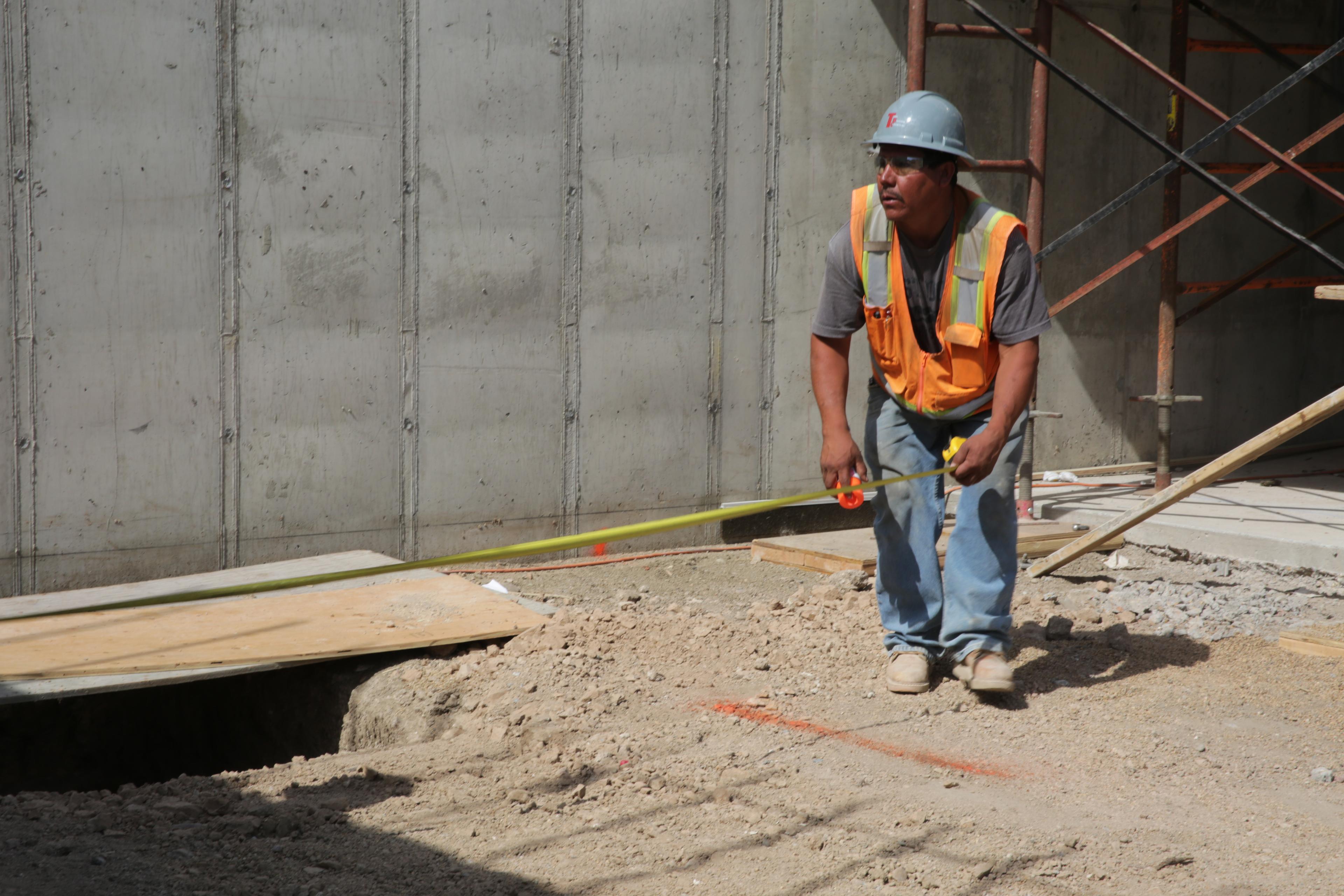
This could be the year that Colorado lawmakers give new powers to cities to encourage the construction of affordable housing.
To do it, they could lift limitations that have been in place for decades.
The Colorado Supreme Court ruled in 2000 that cities can’t force developers to include lower-cost housing units in new developments. The court found that the policy, known as “inclusionary zoning,” qualifies as a form of rent control, which is illegal under state law.
This year, the so-called “Telluride decision” is a major target for housing reformers in the state legislature.
“This has been a huge priority for municipalities over the years. It’s been a difficult conversation to have. But I think now is the right time to have it, specifically because we are in such a housing crisis,” said Meghan Dollar, a lobbyist for the Colorado Municipal League.
A bill to be introduced by Denver-area Democrats would allow cities to use inclusionary zoning once more. Under the proposal, a city could declare that, for example, 10 percent of a new development should be affordable units. But they also would have to provide alternative options for developers too, Dollar said.
The Telluride decision “has really limited the tools that cities and counties have to be able to ensure inclusionary housing in their communities,” said state Sen. Julie Gonzales, who will co-sponsor the bill this year with state Sen. Robert Rodriguez and state Reps. Susan Lontine and Serena Gonzales-Gutierrez.
Last year, the same group tried a more ambitious bill that would have allowed cities to enact more traditional rent control policies, but it stalled.
This year’s scaled-back effort could have a better chance of passing — but it’s likely to face questions and pushback from developers.
“The question is, does inclusionary zoning come with public assistance or subsidies for the builders?” said Teo Nicolais, a real estate investor and instructor at Harvard Extension School.
Unless they get financial help from the government, he argued, building owners will make up the cost of affordable units by charging higher rents elsewhere.
Housing issues rise again
Inclusionary zoning is part of a bigger set of housing proposals at the legislature this year. Other bills would:
- Keep some eviction records secret. HB20-1009 aims to minimize the way that eviction proceedings can harm a renter’s ability to find a new apartment. The Colorado Apartment Association supports this idea.
- Strictly limit the late fees that landlords can charge. HB20-1141 would set caps on late fees and would also forbid late fees until 14 days after rent is due. It’s opposed by the Apartment Association.
- Extend the period when a condo buyer can sue over construction defects. SB20-138 could prove controversial, since defect lawsuits are commonly blamed for a slowdown in condo construction. It’s opposed by business, banking and construction groups.
Some cities already have “Telluride” workarounds
Several communities in Colorado already use some form of the “inclusionary” idea.
In Denver, developers can build higher towers if they agree to include affordable units. In the mountains, Eagle County requires developers to include affordable units or choose from other options, including donating land or paying a cash fee. One recent review identified 10 areas with inclusionary zoning, also including Boulder and Longmont.
However, those programs are relatively rare.
“‘Telluride’ has given pause to communities to second-guess their capacity to actually create the affordable housing supply that they need,” said Kimball Crangle, regional president for the developer Gorman & Company and an affordable housing expert.
And when they do have affordable development policies, cities have made compromises to stay on the right side of the Telluride decision. Generally, they make affordable construction “voluntary” for developers. That means the policies are geared so that developers can easily choose to pay a fee instead of building affordable apartments.
For example, under Denver’s old inclusionary policy, developers built just a few dozen affordable units over a three-year period. Instead, most paid fees.
“A lot of the programs you see are focused on (developers paying) cash, with building the units being the alternative. And that’s the exact opposite of what an inclusionary ordinance is,” said Councilwoman At-large Robin Kniech of Denver, long an advocate for affordable housing.
The new legislation still won’t give cities carte blanche. It will likely require that governments offer a “menu” of options for developers, though it won’t dictate what those options actually have to be.
Overall, the state bill could entice cities to set more aggressive policies that push for the construction of affordable units. That could be especially appealing in fast-growing, higher-income areas.
“You need a pretty well-funded development community to make it work, which is why it works in Denver and Boulder and some of our resort communities. It’s less effective in our smaller, less well-funded communities,” said Elena Wilken of Housing Colorado.
Previous attempts to reverse the Telluride decision failed in Republican-controlled legislative sessions. If the bill passes this year, Kniech said that city policymakers would look at their options.
“We need the power to have the conversation, and we don’t right now,” she said.








